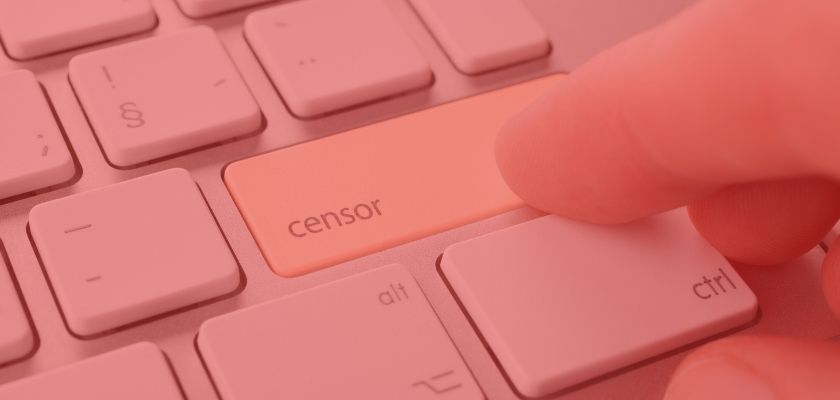The likes of the Koch brothers, have in the past, been accused of using their vast fortune to influence US politics, and they are now involving themselves in influencing the internet, as well, by ensuring it is more strictly policed for unwanted content.
A broad alliance is being formed in the United States to combat “online hate and extremism.”
Members include billionaires Charles Koch and George Soros, tech companies Eventbrite, Mozilla, Pinterest, Patreon, Airbnb, the Anti-Defamation League, and a number of universities.
These actors will team up in July, during the After Charlottesville Project conference in San Francisco, that will see discussions on “solutions for curbing political terrorism,” said the article.
Organizers announced in a press release that the gathering will seek to identify “best practices to fight hate and extremism online.”
The San Francisco event is sponsored by Comcast NBCUniversal, the Kresge Foundation and the Soros Fund Charitable Foundation.
The fight against the elusive offense that is “hate speech” online, meanwhile, has produced a steady stream of deplatforming of a number of conservative figures in the US by major social networks, prompting accusations of political and ideological bias.
But even Google CEO Sundar Pichai sounded a note of caution recently, speaking in favor of finding a definition of hate speech before forcing platforms like YouTube to go after the offenders.
Notably, unlike last year, the After Charlottesville Project this time also brings into its fold some tech industry leaders – though not Big Tech members themselves. The smaller companies mentioned as teaming up with Koch, Soros, and others, have in the past been more willing to act quickly on what they perceived as “extremism and hate speech.”
And the billionaire segment seems to be designed to convey the future alliance’s bipartisan nature – given that Soros is a leftist, and Koch a libertarian and a conservative – although one who has announced he would not support Donald Trump’s reelection bid in 2020.
The most recent controversy around the idea of “hate speech” that saw Google’s YouTube first refuse to act against conservative commentator and comedian Steven Crowder, to then decide to cut off his revenue stream on the platform – “though many progressive activists believed the company should have removed his page altogether.”






















